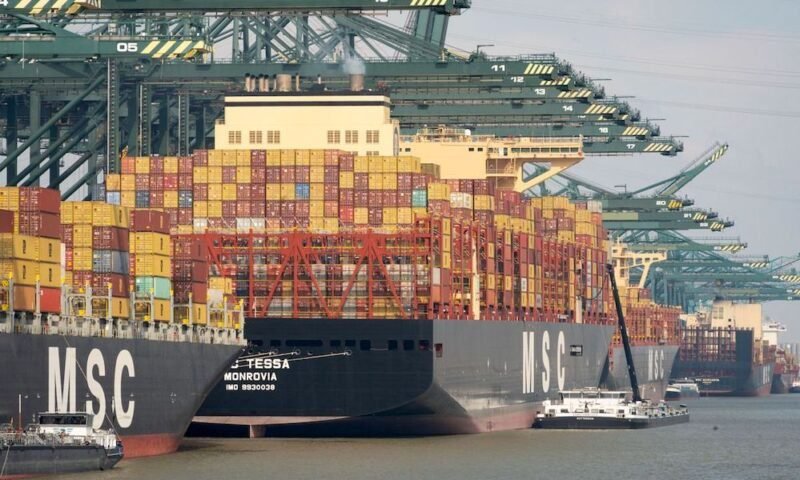In three weeks, the shipping industry will face the most significant regional legislation in decades with the launch of FuelEU Maritime on January 1. This new legislation, aimed at reducing greenhouse gas emissions, will impose strict emission intensity requirements on ships over 5,000 gross tons that transport cargo or passengers for commercial purposes within the European Union. Experts are warning that the penalties imposed by the EU for non-compliance could potentially lead some companies to bankruptcy.
FuelEU Maritime will require shipowners, managers, and operators to make significant changes to their operations to meet the stringent emission intensity requirements. The legislation is part of the EU’s efforts to combat climate change and reduce the maritime industry’s carbon footprint. Failure to comply with the new regulations could have severe financial consequences for companies operating within the EU.
The shipping industry is bracing for the impact of FuelEU Maritime, as companies scramble to make the necessary adjustments to meet the new emission intensity requirements. With the potential for bankruptcy looming over non-compliant companies, it is crucial for stakeholders in the maritime industry to take immediate action to ensure compliance with the new legislation. The launch of FuelEU Maritime marks a significant milestone in the industry’s efforts to reduce greenhouse gas emissions and combat climate change.






